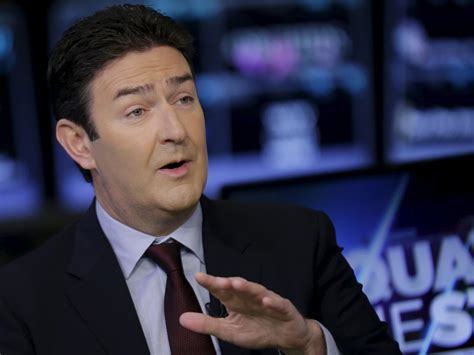A Quote by Steve Easterbrook
Consumers, when they've only got a couple of quid left in their pockets, are choosy about how they want to spend it.
Related Quotes
No longer do companies study consumers' psyches only by asking people what they think about technology and how they use it. Now they conduct observational research, dispatching anthropologists to employ their ethnographic skills by interviewing, watching and videotaping consumers in their natural habitats.
One of my favorite programs that we didn't make is Rescue Time. It runs in the corner of my computer and tracks how much time I spend on different things. I realized that even though I was doing e-mail only a couple of minutes at a time, it was adding up to a couple of hours a day. So I'm trying to reduce that.
Nobody is in their right to tell anybody how to spend their free time. If you like to spend it with your family or your kids, fantastic. If you want to spend it with your girlfriend, great. If you want to spend it doing charitable work, great. If you want to spend it through endorsements and marketing stuff, great.



































